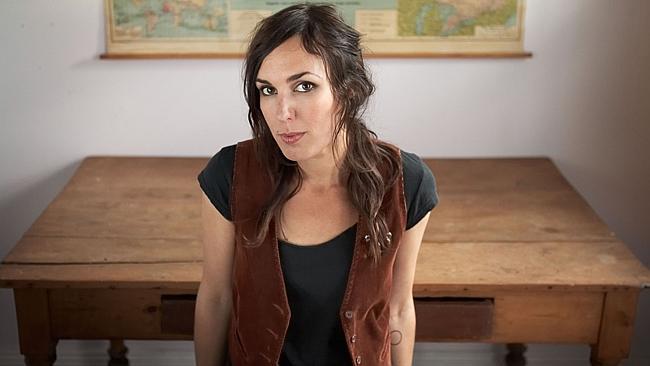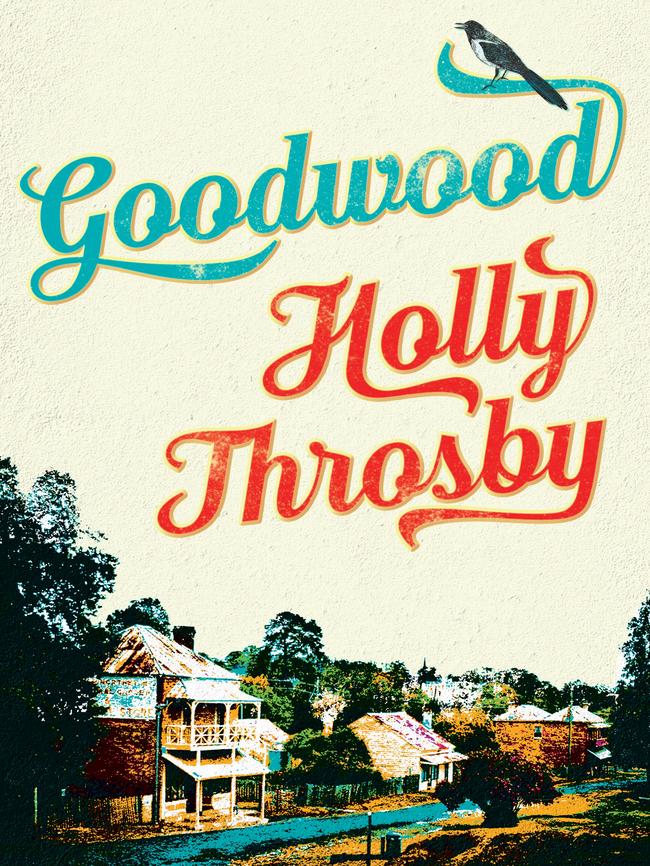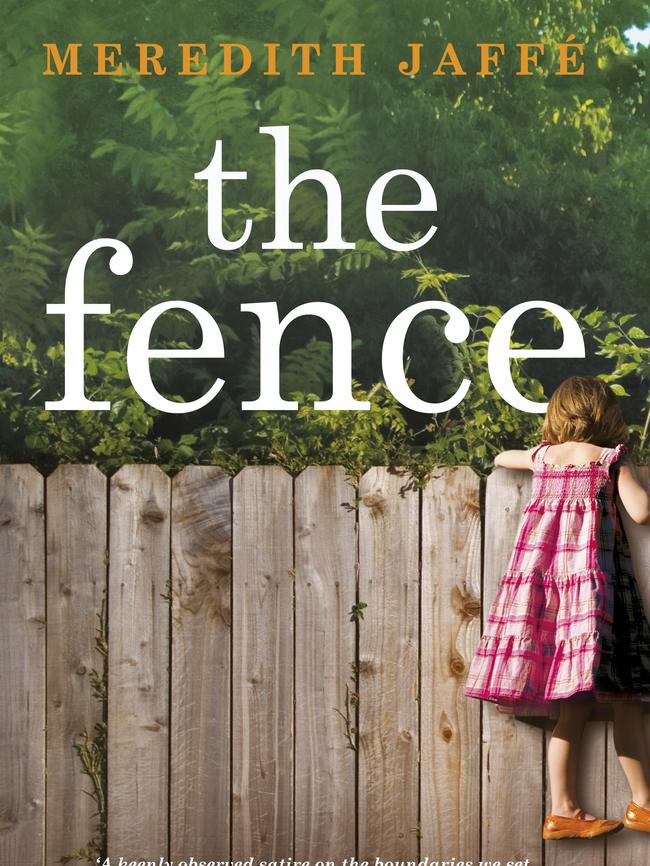Holly Throsby and Meredith Jaffe explore small town and suburban life
The carefully observed plots of these two debut novels might feel a little too real for some readers.

Goodwood is a small town in regional NSW where everyone knows everyone else’s business, where nothing dramatic ever happens and where gossip about the smallest details of interpersonal relationships or peculiar behaviours spread like wildfire. Jean Brown is a 17-year-old in her final year of high school. Goodwood is the only place she has known and, when something dramatic does happen in August 1992, it hits her hard and has her questioning everything and everyone.
The town does not exist and neither does Brown. Both were concocted in the mind of debut author Holly Throsby who, up until now, has been best known on stage and on record performing as a singer-songwriter under her own name and as part of the acclaimed indie pop trio Seeker Lover Keeper. With Goodwood, Throsby proves herself as a deft hand at literary prose, too, as the world she builds around her teenage narrator in this book is so vivid it can occasionally feel more like fact than fiction.

The drama begins with the disappearance of an 18-year-old — the coolest girl in Goodwood — who works at the local takeaway shop. One day she was gone, “and in her place were more questions than one town had ever asked about a single subject”. This unexpected development is followed by another bombshell: a week later, a popular local councillor and butcher also goes missing, leaving his fishing boat adrift on the town’s enormous lake, his beer half-finished, “snug in his favourite stubby holder that said Goodwood’s Good For Wood, with a picture of the old sawmill with a cartoon man superimposed on top, winking at a blushing lady”.
Townsfolk can’t help but wonder whether the two mysteries are interlinked, and rush to fill the twin voids with all manner of speculation. Just before the disappearances, Jean Brown happens to find a large sum of cash stashed in the hidey-hole of a willow tree, but she elects not to share that information with anyone, not even the local policeman who’s friendly with her grandparents and single mother.
Throsby’s narrator has a plain-spoken, matter-of-fact manner, with an abundance of short sentences, almost as if the story is being written in her journal. It’s not, but as a narrative device, this works well and endears us to Jean, who is on the cusp of adulthood and wondering about her place in the world. Most of the book is told through her lens, but as we gradually learn about what has transpired — via a fairly roundabout, laid-back route that befits the still air of a small country town — the camera does pan into other homes and minds, if only for a few pages at a time.
Goodwood is a wonderfully lush and well-realised depiction of several aspects of contemporary Australian life and its unhurried narrative style means the wide cast of characters all feel three-dimensional. Domestic violence, sexual experimentation and alcohol abuse are skilfully threaded into the story. The intrigue slowly builds to the point where the urge to learn the truth about the disappearances becomes overwhelming. The ending does not disappoint.

The world described in Meredith Jaffe’s debut novel is much smaller but similarly potent in its sharp observation of suburban disputes. The Fence is concerned with the inner lives of two neighbouring families on Sydney’s north shore: an elderly couple, Gwen and Eric Hill, who have lived on the same street for several decades and who are none too pleased when a younger couple, Brandon Boyd and Francesca Desmarchelliers, move in with their four young children and two boisterous dogs.
Desmarchelliers is a workaholic account director who is defined by her career. She views motherhood as a job to be outsourced to her hipster husband.
His ego, in turn, has been driven into the ground by her demanding, stubborn personality, as well as the fact he has had to leave behind his friends in the inner city to become the primary caregiver in a suburban desert.
Gwen Hill is a busybody with a monthly gardening column and plenty of time to stickybeak into the lives of their new neighbours. Her handyman husband is not quite feeling himself of late and seems to be becoming awfully forgetful.
It’s a compelling set-up for conflict, and with so few characters populating its pages, The Fence hums with intrigue and humour.
Neither party is particularly fond of the other from their first meeting, and it’s the threat of a fence to contain the children and dogs that proves to be the final straw. Cue council inspectors, attempted mediations, foul squabbles and multiple visits from the police.
Beneath this veneer lies an unhappy marriage, replete with infidelity, resentment and a lack of intimacy. The fence itself becomes a symbol for the misery that comes to define the lives of both couples. The narrative alternates between chapters written from the perspective of the two female characters, month by month, with occasional insights into the minds of both male partners, who tend to acquiesce to the will of their wives and rarely offer counter-arguments.
Between chapters, Jaffe includes snippets from Gwen Hill’s gardening columns to note the passage of seasons. It’s a clever device that works well, like much of the rest of the book. Its tight focus on just two plots of land, side-by-side, can sometimes feel claustrophobic, but that’s entirely the point: both parties come to feel trapped by the perceived nastiness of the other and neither has the self-awareness nor close enough friends to point out that sometimes they may be acting as their own worst enemies.
Like Goodwood, The Fence is an accomplished, self-contained story by a debut author with evident skill in writing realistic characters, place and dialogue. Jaffe has an ear and eye for each of these aspects, and none of the narrative’s turns feel forced or implausible. For some readers on Sydney’s north shore, or in small regional towns, the carefully observed plots of these two books may even feel a little too real.
Andrew McMillen is a Brisbane-based journalist and author. His second book, Skeleton School: Dissecting the Gift of Body Donation, is forthcoming.
Goodwood
By Holly Throsby
Allen & Unwin, 384pp, $29.99
The Fence
By Meredith Jaffe
Pan Macmillan, 368pp, $32.99



